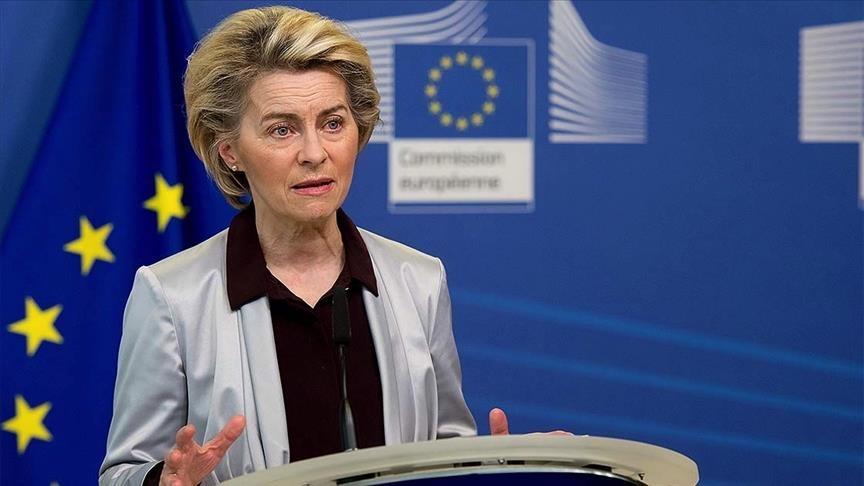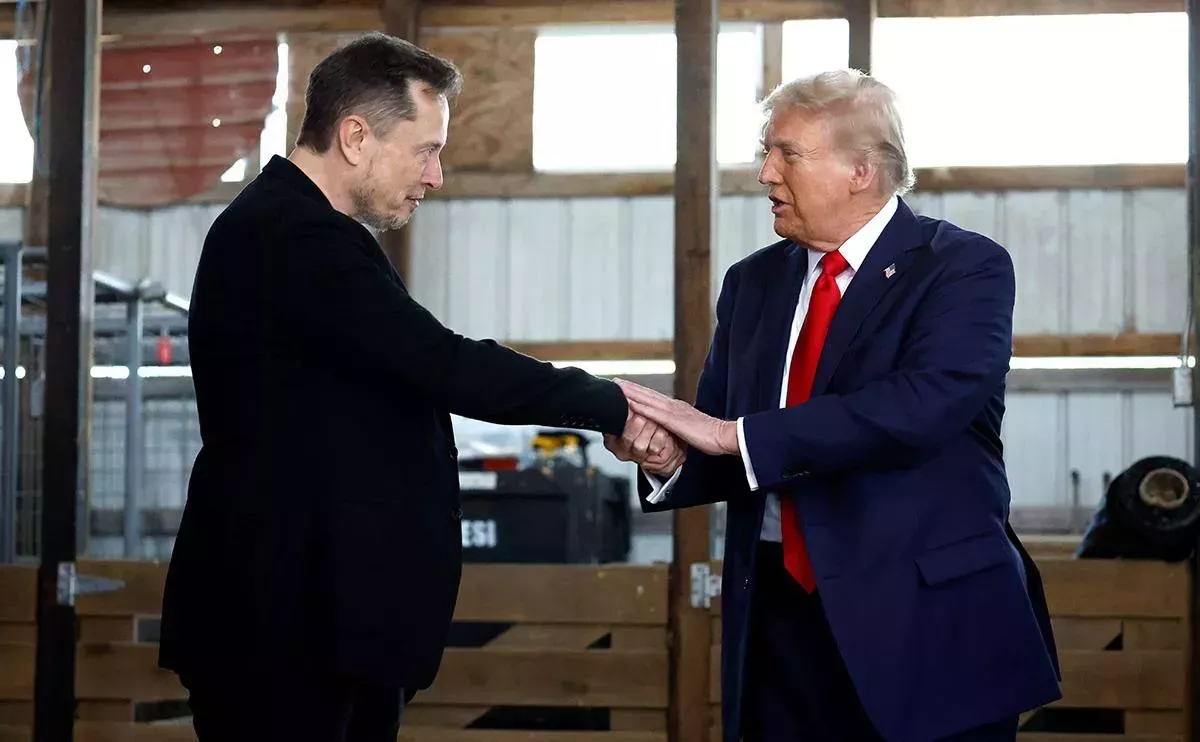Social media as a source of tension between Europe and the US The rising power of tech giants
The presence of global tech industry titans as VIP guests at Donald Trump’s inauguration – including Elon Musk (owner of X and Tesla), Mark Zuckerberg (founder of Meta), and Jeff Bezos (founder of Amazon) – sparked widespread debate and raised pressing questions on a global scale. Among them: Does this reflect a significant rise in the global influence of tech companies?
While this perspective might initially seem exaggerated, the fact that nearly all of these companies are American has fuelled deeper concerns. Adding to this, the ceremony included high-profile figures such as the heads of Apple, OpenAI, and Uber. Notably, even representatives of China’s TikTok were present – a platform that may soon find itself classified as “American”.
In this context, the presence of these tech giants, some of whom were in close proximity to the 47th President of the United States, has prompted many analysts to identify emerging trends in global geopolitics. They view this as a signal that, under Trump’s adoption of slogans like “America First” and “Make America Great Again,” Washington’s global political strategy is likely to be bolstered by significant technological backing.
This dynamic is particularly evident through the growing influence of social media, which played a pivotal role during the U.S. presidential campaign. A striking example is the global prominence of Elon Musk, owner of X. His impact has reached such a level that the European Commission (EC) is now weighing severe measures, including multi-billion-euro fines, suspending operations, or even banning the X platform within the EU.
This heightened scrutiny intensified after Musk publicly voiced support for Germany’s right-wing Alternative for Germany (AfD) party ahead of the country’s parliamentary elections scheduled for February. According to EC officials, the European Commission’s report will take into account all recent developments, including Musk’s political interference.

In this context, European politicians have expressed dissatisfaction on two fronts. On one hand, their concern lies not so much with Elon Musk’s categorical and offensive remarks about the leaders of Europe’s major powers but with the fact that these statements are published on his X platform, which boasts over 205 million followers worldwide. On the other hand, by accusing Musk of meddling in elections on the continent, European leaders are, in essence, directing their frustration squarely at the White House. After all, in recent months, Musk has been portrayed in Europe as none other than Trump’s right-hand man.
It is quite telling—and paradoxical—that in this regard, even in the “freedom-loving” and “flourishing” Europe, Trump’s emphasis during his inaugural address on eliminating government censorship in the U.S. and bringing back free speech to America has been met with particular scrutiny. Although these statements were primarily domestic in nature, they have caused real unease across the Atlantic. The question being asked is: what will these “innovations” lead to on the global stage?
The paradox, however, is striking. It seems that Western “liberal democracy” has begun to fear the implementation of democratic principles within its own borders. What a time to live in.
Be that as it may, Elon Musk’s heightened activity—referred to by some experts as “politicisation”—coupled with the inclusion of figures like Mark Zuckerberg and other tech leaders in Trump’s inner circle, has ignited a notable wave of concern across Europe. This unease stems not only from the possibility of the United States amplifying its political influence on the global stage but also from the growing prominence of social media magnates as key players in shaping international affairs.
As some European media outlets have pointed out, “Rarely has the alliance between politics and wealth been so blatant,” leading to the pressing question: “Who will truly govern America—the people or the new aristocracy?”
Meanwhile, with Musk’s recent appointment as head of the Department of Government Efficiency in the new U.S. administration, many observers are convinced of the substantial role the SpaceX CEO will play in the coming period, citing “his growing influence over numerous federal agencies.”

This very subtext was seen by several analysts in the farewell address to the nation by now-former U.S. President Joe Biden, whose words have already gained a sombre place in the history of the United States and the world. In his speech, Biden placed significant emphasis on “an oligarchy is taking shape in America of extreme wealth, power and influence that literally threatens our entire democracy, our basic rights and freedoms and a fair shot for everyone to get ahead.”
However, in the context of such reflections, another group of analysts points to remarks made by Matthew Dallek, a professor of political history at George Washington University. According to Dallek, many representatives of the tech world were deeply resentful of the Biden administration’s efforts to regulate and limit their activities. They saw this as aggressive pressure.
Moreover, they felt that a lot of negative commentary was coming from Biden’s White House. In their view, instead of being recognised as heroes of the new digital era, they were demonised by some Biden administration officials.
Thus, the Trump factor looms so heavily over European politicians that, at this historical juncture, a rift has emerged between Europe and the United States. While outwardly framed as European leaders’ disagreement with Trump’s planned financial and economic policies toward the continent, the reality is that those who, just a few months ago, regarded themselves as the “true” leaders of the world are now effectively conceding their political impotence.








